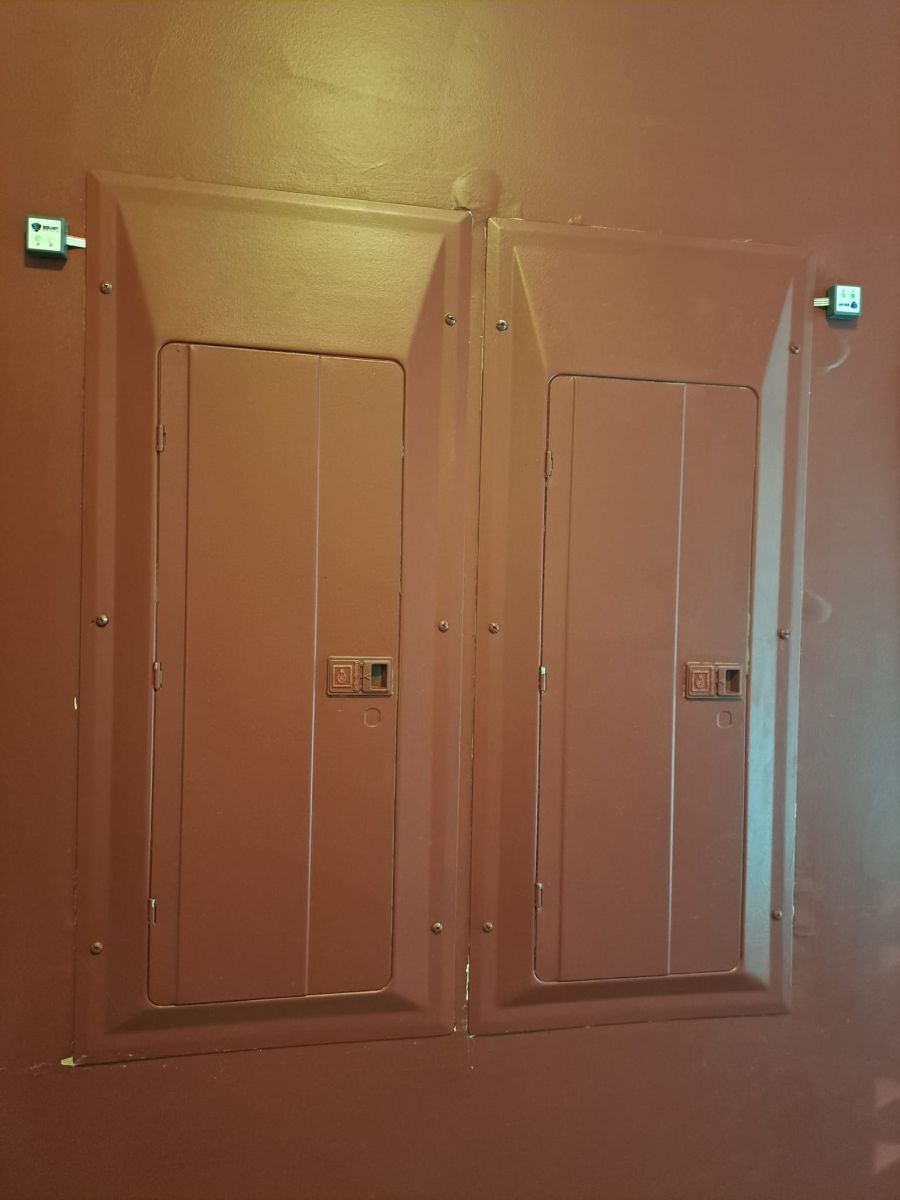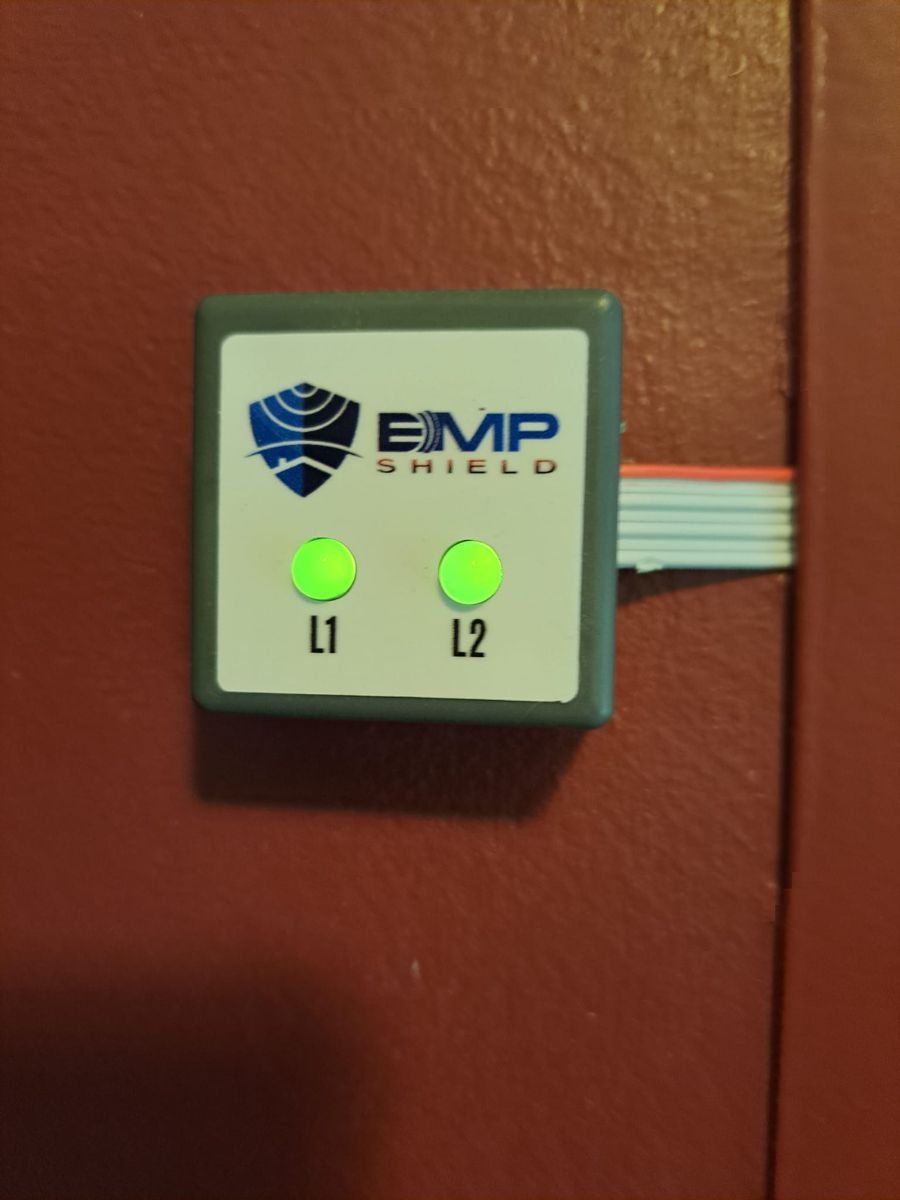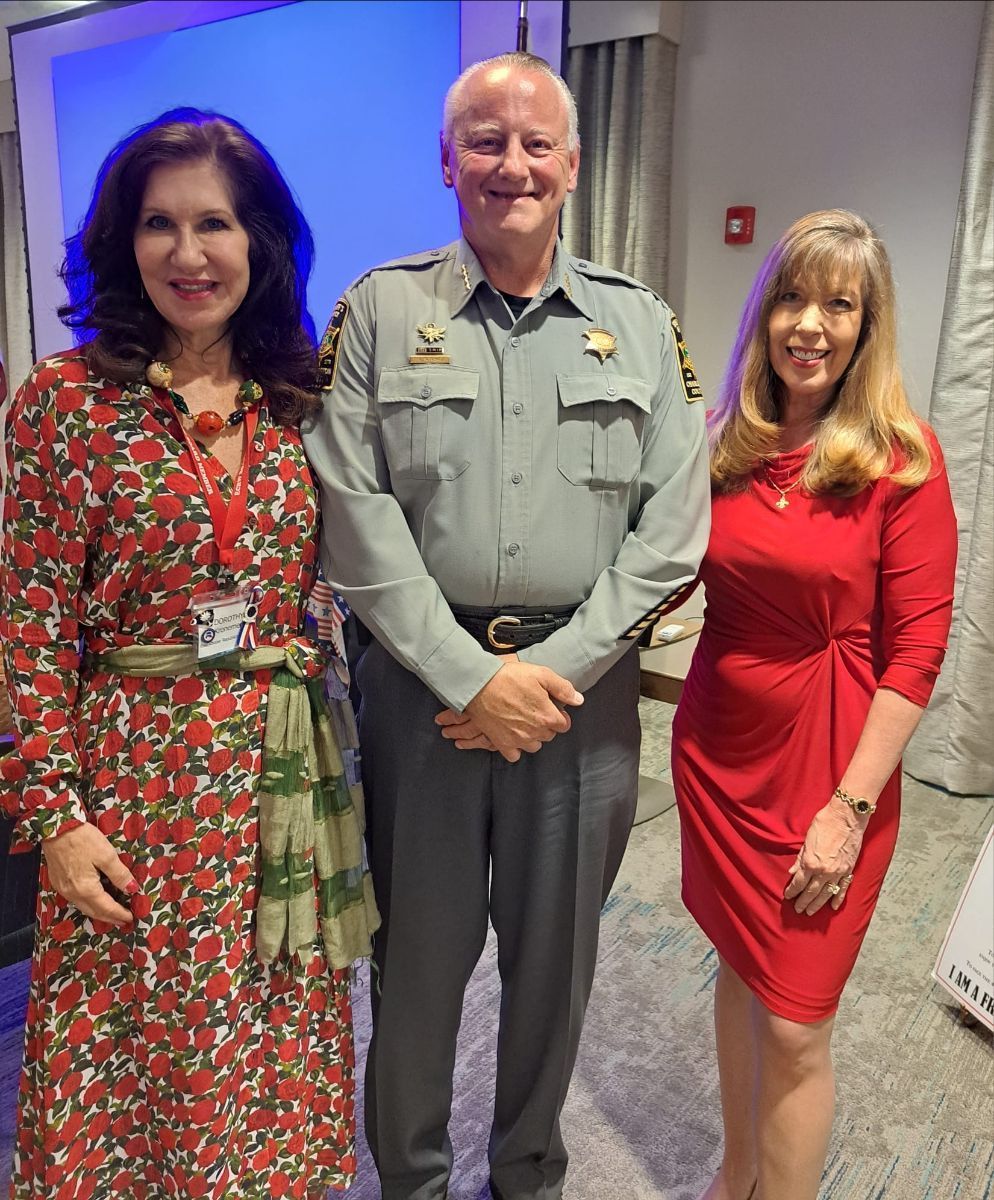Major Progress on Taxes, Energy, and Education:
With just one week left in this year’s legislative session, we’re moving quickly to advance key priorities before the House adjourns Sine Die (end of Session) next Thursday. This past week, I worked alongside my House Republican Caucus colleagues to take meaningful steps forward on major issues including income tax reform, expanding education opportunity, and securing South Carolina’s energy future. These efforts reflect the promises we made at the start of session — to cut taxes, strengthen our economy, support our schools, and invest in the infrastructure and systems that keep South Carolina strong. Also in this newsletter, I provide an update regarding the Public Utilities Subcommittee Hearing on my EMP protection bill.
A Better Conservative Vision for Tax Reform:
The House Ways and Means Committee advanced a historic income tax reform plan this week, and I support it. Right now, South Carolina’s 6.2% income tax rate is the highest in the Southeast. The new proposal with an amendment to the original bill, H.4216, takes a step forward by cutting that rate to 5.39%, immediately giving families, small businesses, and workers more room to grow and succeed. Importantly, this plan doesn’t shift the burden to other taxes. It’s real relief achieved by cutting spending and leaving over $400 million in the wallets of hardworking taxpayers in year one. But this isn’t just about short-term relief. The plan sets South Carolina on a responsible path toward a flat 1.99% rate, and eventually eliminates the income tax altogether. It also ends our dependence on Washington’s liberal tax mandates by decoupling our code from federal policy, restoring control to South Carolina taxpayers. This is the kind of smart, sustainable tax reform I promised to fight for, and I’ll be voting to move this legislation forward on the House floor.
As you may recall from last week's newsletter, I wrote about the tax bill extensively in regard to work I had done on my own to help this effort. While not on the Ways & Means Committee, I have a Master of Science Degree in Finance, and 40 years of experience in budgeting and finance, so this was a project I took on myself to try to make the original bill better. While my suggestion to Chairman Bannister of Ways & Means along with Speaker Smith was to maintain the Federal standard deduction of $14,600 for anyone in the 3% bracket or lower to help cushion the move away from the current system of politically pressured itemized deductions, the new plan instead uses a $15,000 standard deduction. This is basically the same thing, and plugs the hole that was created with the earlier version using only a $6000 standard deduction. While my estimate that my proposed plan would cost approximately $500,000,000 to our current income tax revenue, as you see from the paragraph above, the new amended version of the tax bill will cost approximately $400,000,000 to the current income tax revenue stream (that's the money left in taxpayers' wallets). The primary reason it will reduce taxes by $400 million instead of $500 million as I estimated is that Ways & Means decided to go with two rates, 1.99% and 5.39% instead of using the flat tax rate of 3.99%. The good news either way is that the number of taxpayers paying more under this new proposal will drop to about 20%, and the majority of those are either out of state taxpayers who have businesses here, or people in much higher tax brackets who had massive Federal write-offs and have been paying 0% to South Carolina. For those in the lower income brackets who will pay more, the difference is as small as $11/year in many cases. During our Caucus Meeting, Speaker Smith thanked the Chairman and three other Members, including myself, for all the hard work on making this bill a much better solution for our citizens.
We will be focusing in the coming years to cut spending and encourage business investment in our state in order to transition to the 1.99% and eventually 0% for all taxpayers as soon as possible. I will be volunteering my ability and experience to Chairman Bannister to assist with this effort.
Securing South Carolina’s Energy Future:
As our economy continues to grow, so must our energy infrastructure. That’s why I supported H.3309, the South Carolina Energy Security Act, which returned to the Senate this week after receiving House amendments. This legislation lays the foundation for a more reliable, affordable, and independent energy system. It reforms the Public Service Commission to increase transparency and oversight of utility companies and encourages long-term investment in energy generation, including nuclear and renewables, to meet the demands of our booming economy and growing population. I anticipate the Senate will get this bill across the finish line before we adjourn Sine Die next week and I expect Governor McMaster will sign it into law shortly after. A secure, modern energy grid is essential to South Carolina’s future, and I’m committed to seeing this through.
S.62 - Expanding Education Opportunity for SC Families:
One of our top priorities this session, and a core pillar of our Caucus agenda, has been expanding educational opportunities and giving parents more control over their children’s future. This week, I was proud to support S.62, a major school choice bill that the House sent to the Governor’s desk. This bill enhances South Carolina’s Education Scholarship Trust Fund (ESTF) program, allowing up to 15,000 K-12 students to receive $7,500 scholarships next year for private school tuition, tutoring, transportation, or other approved education services. Over time, eligibility will expand to cover families earning up to 500% of the federal poverty level — opening doors for middle- and working-class families across our state. This is about giving every child a chance to succeed — no matter their ZIP code or income level. I promised to fight for more options and better outcomes for South Carolina families, and I believe this bill delivers on that promise. In listening to comments made by our SC Supreme Court Chief Justice, this bill addressed the funding mechanism in a way that the Education Committees in both the Senate and the House feel will stand up to scrutiny this time.
H.3968 - Electromagnetic Pulse/Geomagnetic Disturbance Protection:
On Thursday afternoon of the prior week, my bill to provide for emergency preparedness in the event of an electromagnetic pulse attack or G5 level solar flare was heard in the Public Utilities Subcommittee of the Labor, Commerce & Industry Committee. I did not write about this last Sunday because my disappointment in how this bill was treated was so high that I wanted to think hard about the right response before expressing it verbally or in writing. As those of you know who have read my newsletters for awhile, this bill was not "dreamed up" out of my head. It came from a very serious meeting with our Adjutant General Van McCarty as well as former Joint Chief of Staff of the SC National Guard, Major Gen. Brad Owens. I had learned about these phenomena through my husband, a US Navy Veteran, who read about the current status in Wired magazine, and recalled his training and knowledge of the subject matter from when he served in the military. After requesting the meeting with the Generals, who met with me in my office at the State House, I asked them bluntly, "Gentlemen, is this a serious concern? I don't want to sound like Chicken Little claiming the sky is falling." They both emphatically told me that I was not overstating the risks at all, and they were very glad that a legislator was taking this seriously and trying to assist with their efforts. They stated clearly that they could not solve this problem entirely through the military, because they are 90% dependent on the civilian power grid.
The bill I introduced in my first term during Session 125 heavily reflected that meeting, along with research I conducted through extensive discussions with Lt. Col. Tommy Waller, USMC (Ret.) the current Executive Director for the Center for Security Policy, along with Ambassador Hank Cooper, appointed by President Reagan to represent our nation in the negotiations with Russia for the Strategic Defense Initiative. We were attempting to address both the risk to critical infrastructure throughout the State of SC, as well as requiring major utility companies in our state to do more to enhance their preparedness. That bill was never taken up in the LCI Committee at all, but I continued to speak with many entities and listen to input.
Prior to the 126th Session, you may recall I held a workshop in November with the help of members of the SC Emergency Management Division. At that meeting, we received tremendous input from former Deputy Adjutant General of the SC National Guard, Maj. Gen. Les Eisner, and current Deputy Adj. General, Gen. Jeff Jones. That combined with presentations from numerous providers of products designed to protect infrastructure from a magnetic pulse of any kind led me to completely revamp this bill before submitting it for the new Session. The new bill focuses on a more grassroots effort led by SC EMD Director Kim Stenson, who attended that workshop and agreed to help in every way possible with this new approach. The primary effort would be to have his department enhance their emergency preparedness guide to have a full section on EMP/GMD risks and how to prepare for them. His agency would then push this out to all municipalities in SC, and offer a grant program funded by the General Assembly to be funneled through the Office of the Adjutant General. This is a process that is already in place for other emergency preparedness, so would use our existing system instead of reinventing the wheel.
I stated at the beginning of this section that the hearing for the bill was very disappointing. That is because the Chairman repeatedly referred to last term's bill, citing the cost of providing critical infrastructure protection to the entire state even though this new bill before him did not call for that at all. Also, Ambassador Hank Cooper, PhD in engineering who has incredible knowledge and experience on this topic, was kind enough to take his time to travel from Augusta on short notice (we were given 36 hours) for this hearing. He provided advanced written testimony, just two pages long but packed with vital information. It was clear from the questions asked during the hearing that no one had read his testimony, and the Chairman repeatedly referred to him as "Mr. Cooper" and asked questions regarding last year's bill. It was very embarrassing to have a dignitary of this caliber and expertise there to testify while it did not appear the bill was being taken seriously by at least one of the Members. Thankfully, when Maj. Gen. Les Eisner presented testimony, one of the Subcommittee Members, a veteran who served in the SC National Guard was familiar with his experience and position and asked thoughtful, respectful questions. That same Member offered a motion to "adjourn debate" (which means in this case, next January) as there was so much misinformation about what was in this simple two page bill that he was concerned it might be voted down. One of the committee Members, in asking a question of Gen. Eisner, had stated that he had an EMP Shield on his vehicle. When I asked him afterward how he heard about this, he said his close friend is a defense contractor and told him that is what they install on all DOD vehicles. I wish that comment had come out in the hearing, because that is exactly the point! We can protect our homes, our vehicles, and all critical infrastructure in this state with relatively simple tools that are available now through various companies, but not very many people know about or understand the level of risk. My bill was designed to do exactly that - inform all of our municipalities and leaders regarding critical infrastructure of the risks and the solutions, and then provide a system to help pay for protection without any mandates. From this hearing, I have come up with a new approach, one that I believe can at least get the ball rolling sooner rather than waiting all the way until next January. We cannot afford to wait until something bad happens in this case. That will be too late.





